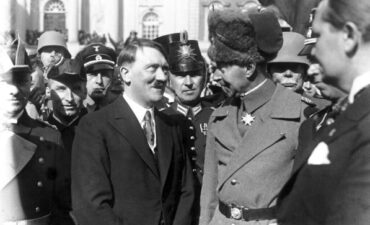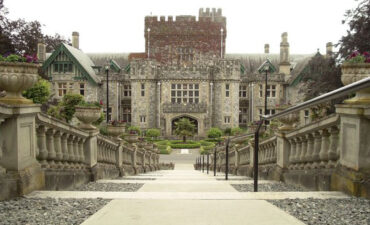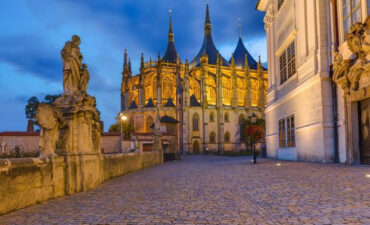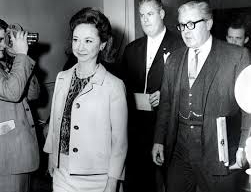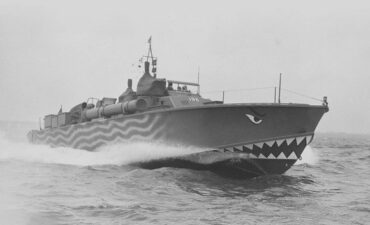How did the discovery of the New World by Christopher Columbus change the course of history? The discovery of the New World by Christopher Columbus in 1492 had profound and far-reaching effects on the course of history. Here are some of the key impacts:
Global Trade and Economic Impact
Columbian Exchange: The exchange of goods, crops, animals, and diseases between the Old World (Europe, Asia, and Africa) and the New World (the Americas). This exchange dramatically altered diets, economies, and populations across continents. Europeans introduced wheat, sugar, and livestock to the Americas, while New World crops like potatoes, maize, and tomatoes revolutionized agriculture and cuisine in the Old World.
Economic Growth: The influx of precious metals, especially silver, from the Americas to Europe led to significant economic growth and the development of global trade networks. This period, known as the Price Revolution, saw increased wealth in Europe and the rise of a capitalist economy.
Colonization and Empire Building
European Colonization: Columbus’s voyages opened the floodgates for European exploration and colonization of the Americas. Spain, Portugal, France, England, and the Netherlands established vast colonial empires, profoundly influencing the history and demographics of the New World.
Cultural and Demographic Changes: The colonization led to the displacement and decimation of indigenous populations due to disease, warfare, and exploitation. European settlers, African slaves, and indigenous peoples mixed, creating diverse and complex societies in the Americas.
Shift in Power Dynamics
Rise of European Powers: The discovery of the New World and subsequent colonization efforts shifted the balance of power in Europe. Nations with strong navies and colonial holdings, like Spain and later England and France, rose to prominence.
Decline of Indigenous Civilizations: Powerful indigenous civilizations, such as the Aztecs and the Incas, were conquered and dismantled, leading to the loss of their cultures, traditions, and social structures.
Cultural and Intellectual Impact
Renaissance and Scientific Revolution: The discovery expanded European horizons, contributing to the intellectual movement of the Renaissance. It stimulated curiosity and scientific inquiry, leading to advancements in navigation, geography, and natural sciences.
New World Influence on European Culture: The influx of new ideas, artifacts, and knowledge from the Americas influenced European art, literature, and philosophy.
Slavery and Human Migration
Transatlantic Slave Trade: The need for labor to exploit New World resources led to the establishment of the transatlantic slave trade. Millions of Africans were forcibly transported to the Americas, profoundly affecting African societies and leading to long-lasting demographic and cultural impacts.
Global Migration: The discovery initiated waves of migration, voluntary and involuntary, leading to the diverse populations in the Americas today.
Political Ideologies and Movements
Independence Movements: Over time, European colonies in the Americas sought independence, inspired by Enlightenment ideas and the American Revolution. This led to the formation of new nations and reshaped global political landscapes.
Concepts of Rights and Governance: The interactions and conflicts in the New World contributed to the development of modern concepts of democracy, human rights, and governance.
Conclusion
The discovery of the New World by Christopher Columbus was a pivotal event that transformed economies, societies, cultures, and political structures worldwide. It marked the beginning of a new era of global interconnectedness, with lasting effects that continue to shape the modern world.

